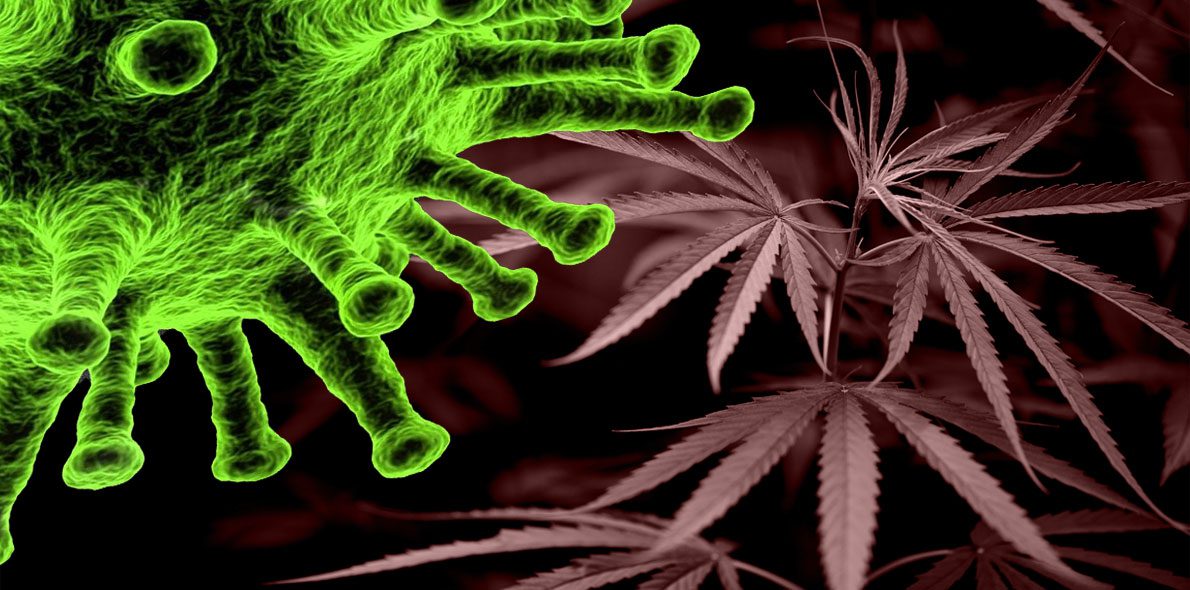
How long does THC stay in the saliva?
How do the active ingredients of cannabis behave in our body when they come into contact with our blood? Are there tests that can positively prove the presence of cannabis in the days and hours…
Iberian Peninsula express shipping
0€ Orders over 60€
*6€ orders under 59€
East, West, South Europe express shipping
0€ Orders over 150€
*18€ orders under 149€
North Europe express shipping
0€ Orders over 160€
*20€ orders under 159€
Ireland, Norway, UK normal shipping
0€ Orders over 60€
*6€ orders under 59€
Rest of the world normal shipping
0€ Orders over 180€
*25€ orders under 179€
Shipping costs can be confirmed in your shopping cart.
For additional shipping methods, please reach out through info@kannabia.com.


*Website protected by SSL.
**Not available in all regions.
*Your coupon will be sent via email.
*Should you have any question, comment or feedback, please do not hesitate to contact us.

“As soon as we entered a state of alarm, all cannabis clubs had to close. And this means that both recreational and medicinal users have been left without venues that used to provide us with cannabis,” says Carola Pérez, President of the association Dos Emociones and President of the Spanish Observatory for Medicinal Cannabis (OECM).
From this observatory, the number of users of this plant for medical reasons in Spain amounted to more than 200,000. Many of them have been left without access to cannabis products with which they combat the symptoms of serious illnesses. “A few ventures have continued to supply [users] at home with the risk that this entails, even more so due to being in a state of alarm,” continues Carola Pérez. “There are very few people who are able to access it; mostly, what is left amounts to cannabis-derived products that we need to endure every day,” she reiterates after warning that, in addition, the price of a gram of cannabis has gone from the usual 6 euros to 25 euros in the context of the health crisis. “It is totally unfair and violates the rights of patients to use the best treatment for their illness,” she concludes.
“The truth is that, being in a grey area, nothing can be done; only self-cultivating patients are spared, and the only thing we can do is prepare to regulate so that this does not happen next time,” says Hugo Madera, former president of the European Observatory of Cannabis Consumption and Cultivation (OECCC).
“That is why we started the documentary with statements by patients, to reflect on this issue,” he adds regarding the video “Marijuana: People First“- a documentary produced by this observatory that reviews the current situation of cannabis users.
“I feel like someone whose rights have been violated, I feel unprotected, I feel abandoned and very concerned about my treatments,” says Javier Miravete (a consumer of medicinal cannabis in Castellón due to severe haemophilia A) in this documentary. “It is very difficult for us to relieve our pain. I feel that we have been ignored,” says Raquel González, also a consumer of medical cannabis in Castellón (in her case due to fibromyalgia and tendinitis three times in her shoulder).
The majority of cannabis users who have been able to maintain their consumption during the state of alarm are those who practise self-cultivation.
This is also the situation with Carola. “In my case, I am a cultivator. I am lucky, and I also work for it. I am lucky to be self-sufficient and to be able to make creams for the scars on my back,” she explains in relation to treatments with cannabis derivatives that alleviate the severe pain she suffers due to back problems. “But many patients do not have that space at home, the outdoor season ends now or, due to their physical situation, they cannot take care of the plants and cannot count on help from friends or neighbours for this job like I can.”
Carola and other medicinal cannabis consumers sent documents from their association to the municipalities of Barcelona and Madrid on 7th May. They called for the activity of cannabis associations to be deemed essential, demanding that the State security and police forces allow their activity and, if it is considered to be essential, to submit their request to the relevant departments and ministries. “The state of alarm permits people to move for justified reasons of need; therefore, they must be able to go to their clubs to collect the cannabis and its derivatives that they need to consume to guarantee their health and quality of life,” the document explains. It asserts that if tobacconists and pharmacies are considered to be essential services, “by way of analogy, the activities of cannabis clubs should also be deemed essential activities”. The text adds, “If cannabis cannot be consumed inside them, they [cannabis clubs] should be able to carry out the work of a dispensary – just like a pharmacy dispensary – or make home deliveries.”
Along with the document, these clubs have submitted the statement on medicinal cannabis -an economic study which raises the issue of the savings that the use of medicinal cannabis would mean for the health system. This was sent by the International Association for Cannabinoid Medicines to the European Parliament in February 2019. Last year, the European Parliament recommended that member countries promote research on medicinal cannabis.
“We are currently waiting for a response but the Mayor of Barcelona, Ada Colau, has already redirected the letter to the Generalitat,” says Carola Pérez, announcing that organisations from Navarra and the Basque Country will soon join this petition. “We are inviting more ventures to join the initiative so that we can make as much noise as possible.”
Hugo Madera from the OECCC recalls that this organisation presented a “detailed and complete” proposal on therapeutic cannabis months ago, which included a transparent licensing system for the collective cultivation and self-cultivation of cannabis for medicinal purposes. “We believe that inclusive regulation is needed that includes people, not a business for pharmaceutical companies under an oligopolistic regime that decreases accessibility and increases prices,” says Madera, adding that the OECCC is the only group in Spain that has studied the issue regarding the lack of transparency in cannabis licensing. “Our latest report on the subject shows that this problem is attached to a global speculative bubble, which means that licences obtained with unclear systems are valued at millions of euros,” he concludes.